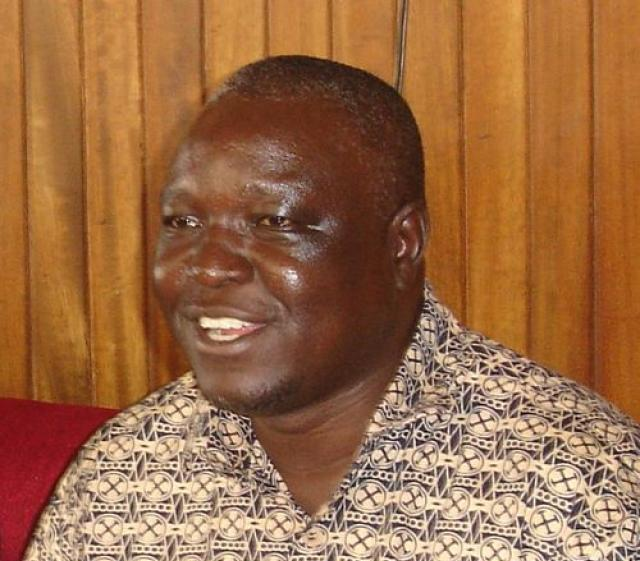Kerry Howard Mwesigwa
KAMPALA, November 09, 2023 | A pathologist who was accused of abusing his office and conspiring to commit a felony in relation to the death of a former MP has lost his bid to sue the government for damages. Dr Sylvester Onzivua, who was arrested in 2012 while trying to fly out samples from the late Butaleja Woman MP Cerinah Nebanda for a post-mortem test, had challenged the two-year time limit for filing claims against the state. However, the Constitutional Court dismissed his petition, saying it had no merit and no constitutional issues to interpret.
The case of Dr Onzivua has been a controversial one, as it involved the mysterious death of a young and outspoken legislator who had criticized the government and President Yoweri Museveni. Nebanda died on December 14, 2012, at Mukwaya General Hospital in Kampala, allegedly of a lethal combination of drugs and alcohol. Her death sparked a furor among MPs, some of whom were arrested for making inflammatory statements against the state. Many believed that Nebanda was poisoned and that the government was trying to cover up the truth.
Dr Onzivua, a government pathologist, was hired by Parliament to conduct an independent investigation into the cause of Nebanda’s death. He was given permission by Nebanda’s family and the Speaker of Parliament to take her body samples to South Africa for a conclusive autopsy. However, he was intercepted at Entebbe International Airport by security agents, who confiscated the samples and arrested him. He was later charged with abuse of office and conspiracy to commit a felony, but he was acquitted of both offences.
In 2015, Dr Onzivua filed a case before the High Court against the Attorney General, seeking compensation for unlawful arrest, detention and malicious prosecution. He claimed that his rights to personal liberty, freedom of movement and expression, and fair hearing were violated by the state. However, the Attorney General objected to his claim, arguing that it was time-barred by the law, which provides for a two-year period within which one can sue the government for any claim.
Dr Onzivua then petitioned the Constitutional Court, challenging the legality of the two-year time limit, which he said was discriminatory and unconstitutional. He argued that the law gave preferential treatment to the state over citizens, and that it should be construed in conformity with Article 274 of the Constitution, which provides for the harmonization of existing laws with the Constitution. He also invoked Articles 23 and 29 of the Constitution, which guarantee the right to personal liberty, freedom of movement and expression, and fair hearing.
However, the Constitutional Court dismissed his petition, saying it had no constitutional issues to interpret. A panel of five justices, led by Justice Monica Mugenyi, ruled that Dr Onzivua’s case was not instituted under the Human Rights (Enforcement) Act, which provides for a 10-year limitation period for human rights claims. They also ruled that the articles of the Constitution that Dr Onzivua cited had no connection with the question of the constitutionality of the two-year time limit, which they said was a reasonable and lawful measure to balance the enforcement of an action and the discouragement of stale claims.
The court also noted that Dr Onzivua had taken close to three years without instituting action against the government, and that he was not under any disability that prevented him from filing the suit within time. The court therefore dismissed his petition with costs, and upheld the preliminary objection by the Attorney General. The ruling means that Dr Onzivua’s case before the High Court is likely to be dismissed as well, unless he appeals to the Supreme Court.















